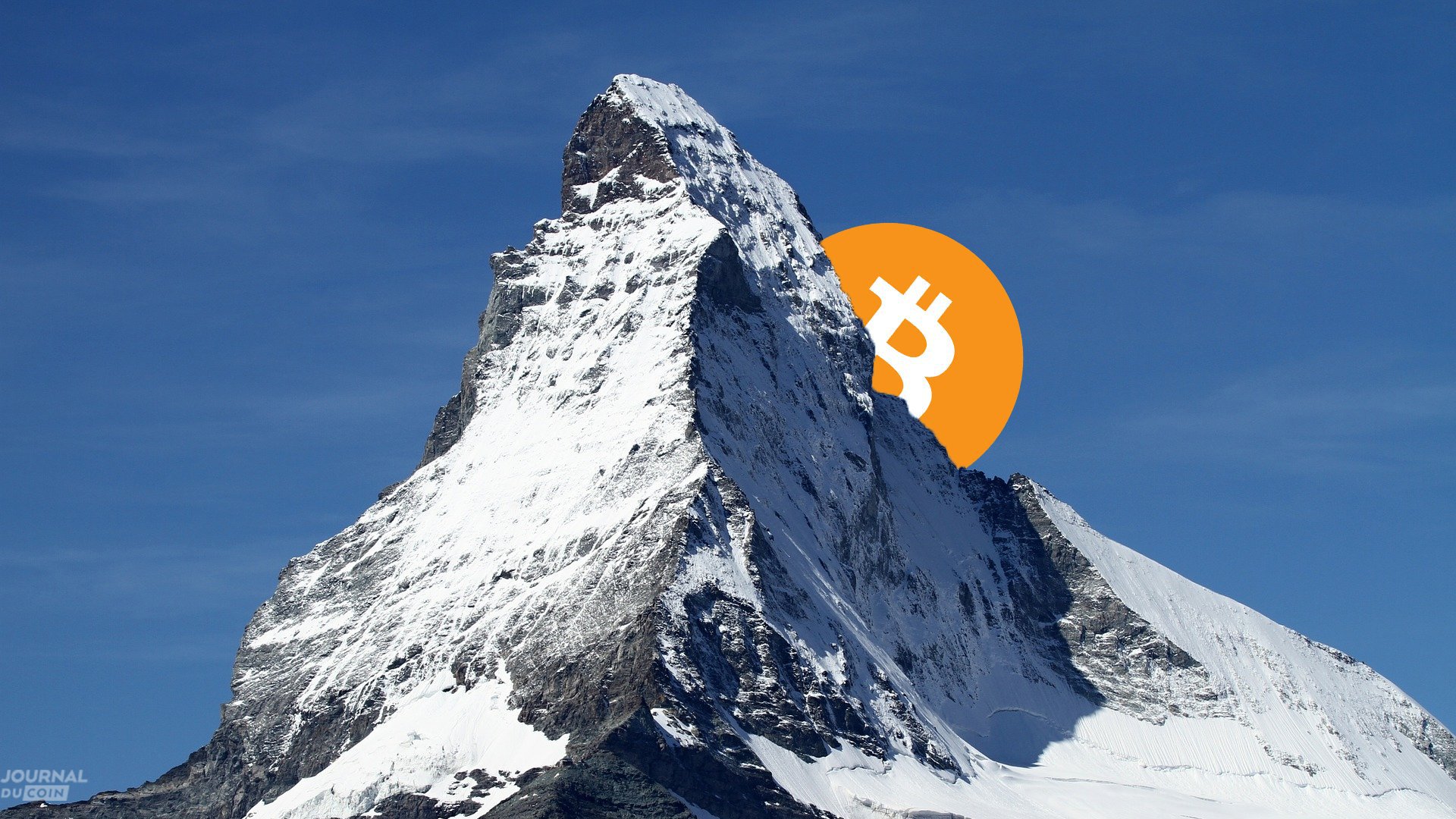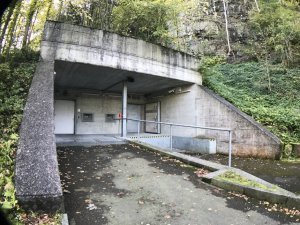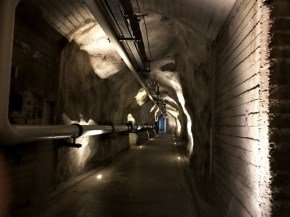A secret bunker under the mountains filled with bitcoins

A journalist recently visited a former military bunker hidden in the Swiss Alps. This bunker is currently Xapo's safe and houses an undetermined number of bitcoins. Xapo is a Hong Kong-based company providing coin purses and bitcoin clearing cards.
Secret Bunker
 In a recent article for the World Economic Forum, journalist Joon Ian Wong shared his recent visit to a former military bunker concealed and dug out of the granite of a Swiss mountain. Apparently used at the time of the cold war, this bunker is currently in the hands of the company Xapo, and the installation seems straight from a spy movie.
In a recent article for the World Economic Forum, journalist Joon Ian Wong shared his recent visit to a former military bunker concealed and dug out of the granite of a Swiss mountain. Apparently used at the time of the cold war, this bunker is currently in the hands of the company Xapo, and the installation seems straight from a spy movie.
Wong says he was greeted by a first 3-meter-high barrier, where a security service photographed him and fingerprinted him. After that, the visitor passes through an airlock surrounded by bulletproof glass, or an employee located at the other end of the bunker is responsible for granting access
After the passage of armored doors requiring identification, a corridor of a hundred meters runs, punctuated by two steel doors able to withstand a nuclear shock (yes, yes ...)
Behind these doors, new airlock, then a door leading to a room the size of a closet. Wong's accreditations did not allow him to go beyond this room, but the on-site teams revealed to him that the following two rooms are a control room, then a "cold room" where the private keys are kept Bitcoin.

Maximum security
Wait, it's not over! This room, already inaccessible as it were, is also surrounded by steel plates capable of canceling the effects of an electromagnetic attack (EMP). It is difficult to see how to do more secure!
In addition to this protection, no one is allowed to cross this last door, not even the operators of the site. To make sure, the door is sealed with tape, as for a crime scene.
The cold room contains material that is never connected to the internet, but it remains possible to use it to make transactions. The signature of a transaction can indeed be performed offline. The operator accesses the hardware via "special wiring" and sends encrypted data for signing. Finally, before a transaction can be approved, two more signatures, in two other safes on two separate continents, must be made.
Paranoia or essential protection?
One might wonder: so much protection, is not this slightly superfluous? Certainly not, according to the leaders of Xapo. When Wong asked the chief of security if he considered himself satisfied with the system, he reminded that he could never really be. Apparently, Xapo is under the constant fire of all types of hackers and cyberterrorists, so engages a kind of virtual "arms race" or the means implemented are growing.